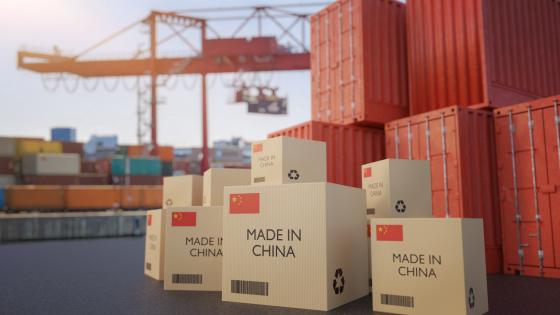DP6118 Teaching locals new tricks: foreign experts as a channel of knowledge transfer
Gains from productivity and knowledge transmission arising from the presence of foreign firms have received a good deal of empirical attention, but theoretical micro-foundations for this mechanism are limited. Here we develop a dynamic model in which foreign experts may train domestic workers who work with them. Gains from training can in turn be decomposed into two types: (a) obtaining knowledge and skills at a lower cost than if they were self-learnt at home, (b) producing domestic skilled workers earlier in time than if the domestic economy had to rediscover the relevant knowledge through 'reinventing the wheel.' We use fixed effects and nearest neighbour matching estimators on a panel of plant-level data for Colombia that identifies the use of foreign experts, to show that these experts have substantial, although not always immediate, positive effects on the wages of domestic workers and on the value added per worker.


